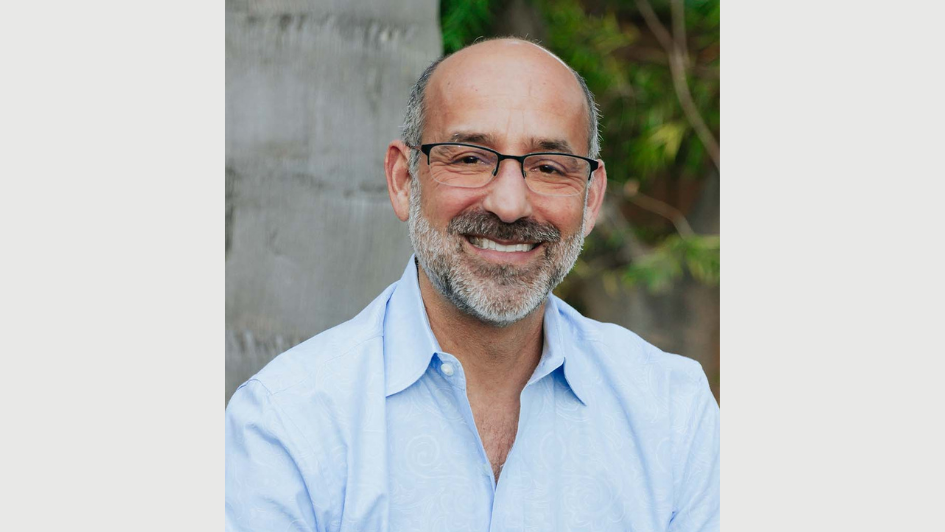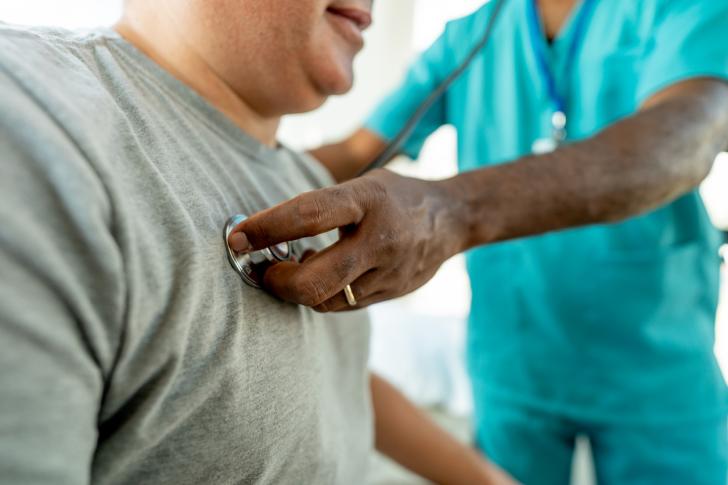Interview with John Neustadt, ND, 2005

Published
Dr. John Neustadt recently spoke with us to discuss his business, what brought him to study at Bastyr University, and his new book.
What led you to the ND program at Bastyr?
When I was in my late 20s, I worked as a project manager at Microsoft in Seattle. I wasn't passionate about it and started getting sick. I went to an MD wanting to understand what was happening to me and how I could fix it. Unfortunately, he came into the exam room with his prescription pad already out, seemed to get impatient with my questions and told me I’d just have to live with it, but he could write me a prescription. I didn’t like the service I received, had heard of Bastyr Center and thought I’d give them a try.
I’m so grateful that I did! They were patient, they took their time, they listened, and they educated me on what I could do. In addition to prescribing some herbs, by the end of my appointment, Dr. Wallace had gotten to know me so well that he said, “You need to quit your job.” That was the underlying cause, and he was right. I lived in a state of chronic stress in a high-pressure environment, and it was wreaking havoc on my health.
The next week, I quit my job and enrolled at Bastyr. I was at a fork in the road that changed the trajectory of my life. With a background in botany, especially molecular and cellular biology of plants and ethnobotany, finding a comprehensive and scientific program that captured all my intellectual interests and passions mattered to me. I found all of this and more in the ND program.
Could you talk about a defining moment that changed your career trajectory?
When I left school, I started my own clinic in Montana. Early on in my practice, I had a patient whom I could tell that I was going to lose. We talked about what we were going to do together and what she could do to make her treatment plan happen, and I saw her eyes glazing over. I realized it was as if I were pleading with somebody to believe me. I was essentially telling my patients to take a leap of faith with me and spend hundreds of dollars, change their diet and lifestyle and commit to months of treatment. This is when I dove into Functional Medicine. Testing gave third-party validation to my recommendations and made it easier to create customized treatment plans. Presenting patients’ plans to them wasn’t just my opinion anymore. It was, “here are your test results, this is how it explains how you’re feeling, this is what we’re going to correct, here’s how we’re going to do it and here’s how you’re going to end up feeling.” My patient compliance shot up to almost 100%.
How did you come up with the idea for Nutritional Biochemistry Inc. (NBI)?
I created NBI when I couldn’t find the products I needed for my patients that had the dose, form and combination of nutrients shown in clinical trials to work. It was tough at first - not knowing anything about manufacturing, distribution, and not being a marketing professional. But my partner at the time and I persevered. He eventually left NBI, and I continued to innovate and grow the company. NBI has now shipped products to people in more than a dozen countries and is providing unique solutions to clinicians and their patients. I’m proud to be able to help people far beyond the walls of my clinic.
What advice would you give to a new ND student?
The first thing I would say to a new ND student is “buckle up.” Whatever you thought this was going to be like, it's probably not going to be that way. You are embarking on an education that will not only transform the way that you see and interact with people, but it will allow you to fundamentally transform their health, their life and their family’s lives. It’s a degree that can be leveraged for clinical medicine, research, business, consulting, and volunteer activities, and there is a tremendous need for what you’re learning and becoming. The only thing limiting what you do with it is you. Don’t limit yourself.
What led you to write your most recent book Fracture-Proof Your Bones, a Comprehensive Guide to Osteoporosis?
I kept getting the same questions over and over. The information out there is not clear, and the patients were scared. It’s a scary diagnosis. I have been writing and learning about this topic for many years, and I wanted to help more people. If you have osteoporosis and break a hip, there is up to a 36% chance that you could be dead within a year. And if you survive, 60% never regain their pre-fracture level of mobility and pain-free lifestyle.1-3 Fracture-Proof Your Bones is about relieving suffering, how to help people learn, taking better care of themselves, and knowing what questions to ask because when we ask the right questions, we get the right answers.
Citations
1. Abrahamsen B, van Staa T, Ariely R, Olson M, Cooper C. Excess mortality following hip fracture: a systematic epidemiological review. Osteoporos Int. Oct 2009;20(10):1633-50. doi:10.1007/s00198-009-0920-3
2. Bliuc D, Nguyen ND, Milch VE, Nguyen TV, Eisman JA, Center JR. Mortality Risk Associated With Low-Trauma Osteoporotic Fracture and Subsequent Fracture in Men and Women. JAMA. 2009;301(5):513-521. doi:10.1001/jama.2009.50
3. Dyer SM, Crotty M, Fairhall N, et al. A critical review of the long-term disability outcomes following hip fracture. BMC Geriatr. Sep 2 2016;16:158. doi:10.1186/s12877-016-0332-0


